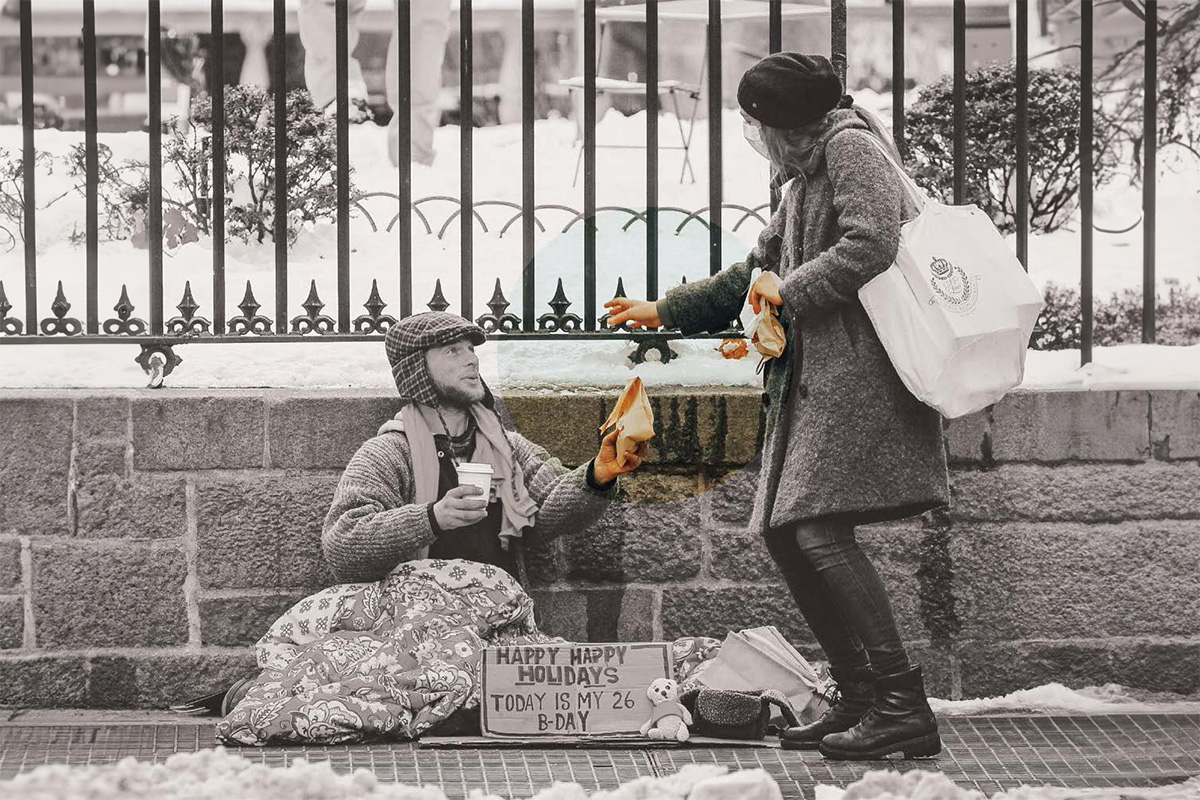Article by Kylah Lohnes ⬩
I grew up hearing about missionaries. These missionaries were women and men who left Canada to live in another country where they planted churches and served the poor. Today, these missionaries are joined by many others, who serve in their home countries or regions, to do the work of caring for the vulnerable and building up local churches. However these ministry professionals are not the only, nor even primary, face of mission. The face of mission includes teachers, lawyers, caregivers, students, business professionals and the unemployed. The face of missions includes all of us.
Mission happens in all the places where God’s people exist, regardless of the specific titles we carry or countries in which we live. Mission happens whenever and wherever God’s people embrace God’s mission in the world.
God’s mission is broad, encompassing the reconciliation of all people and all things (Colossians 1:20). Jesus models this reconciliation in word and deed through His life of teaching, healing, feeding, comforting, and embracing suffering to draw others into relationship with God. As we follow Jesus’ example of mission, we cannot help but deeply engage the world around us. This mission requires us to consider the issues that matter to our neighbours near and far – issues such as poverty, racial discrimination, mental health, climate change, affordable housing, addictions, Indigenous rights, and human trafficking. God’s mission in the world calls us beyond the Church and into our neighbourhoods. It asks us to notice the people and places in need of reconciliation and then to embody that reconciliation through hope-filled acts of enduring love. These acts will look very different in each context, but they will all be characterized by God’s command to “act justly, love mercy and walk humbly” (Micah 6:8).
The good news of this expanded definition is that mission doesn’t require us to leave our neighbourhood or give up our current roles. This is also the challenging news. When mission can take place anywhere and when it involves all of us, it asks so much more of us than financial support for those working overseas or committing two weeks to a mission trip. Mission that is embodied in our everyday lives requires us to give of our time, resources, talents, knowledge, and relationships in sacrificial ways. This kind of mission is a lifestyle, a daily choice to be good news to those you encounter and the wider world around you. It challenges us to think carefully about how our purchases impact our global neighbours and how our knowledge can be used to serve a stranger. It calls us to spend time caring for the people who may irritate us and to choose to cheer on our coworkers more than ourselves.
In my own life, mission has looked different depending on my circumstances. As a teenager, it looked like volunteering at a local drop-in centre for those experiencing poverty and homelessness. It also included local and international trips to serve alongside churches and Christian organizations. As a university student, it looked like volunteering at the student-run food bank and the local church’s hot meals program. Now, I am privileged to work in a position that focuses on global mission, but this is not the extent of mission in my life. Mission for me now includes stewarding my financial resources to support mission work in Canada and around the world, advocating for climate justice and Indigenous rights, and choosing to have conversations about justice, integral mission, and the Church with anyone who will listen.
The face of missions is not only a professional trained in ministry and outreach. The face of missions is the church member who starts a new ministry for youth struggling with addictions and mental health challenges. The face of mission is the one who organizes neighbourhood prayer walks that lead to conversations with their neighbours.
The faces of mission are the youth who march for climate justice. It’s the anonymous donor who keeps the food bank running and the senior who knits mittens for the cold and vulnerable. Every time we step up to embody reconciliation, to choose love, to work for justice, we become the face of mission.
Having spent much of her life in Mi’kma’ki (Nova Scotia), Kylah Lohnes recently moved to the territory of the Mississaugas of the Credit First Nation (Mississauga, ON) where she works as a Program Officer with Canadian Baptist Ministries.

